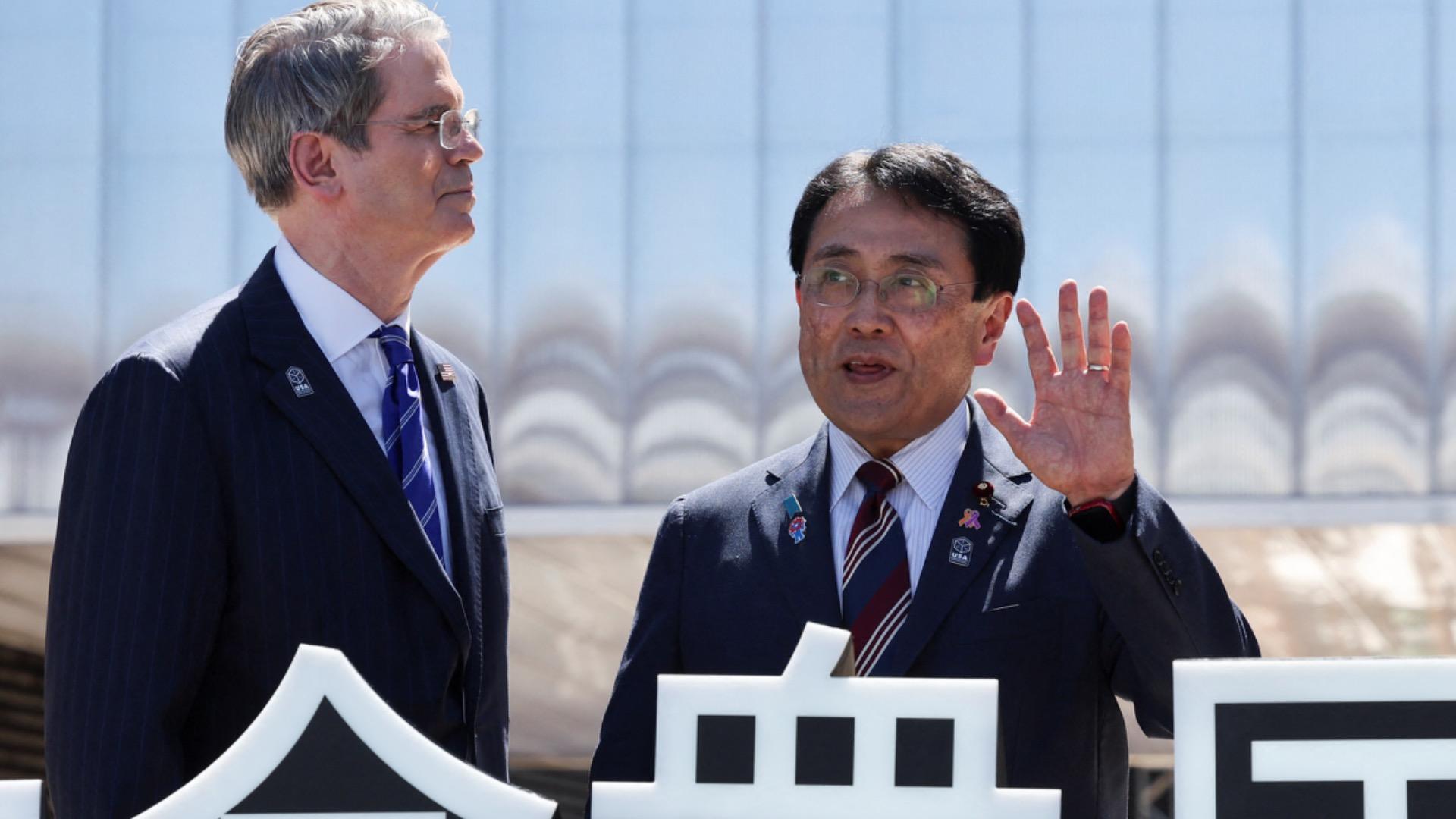The article focuses on recent developments in US-Japan trade negotiations, highlighting apparent weaknesses in the approach of Japanese diplomacy towards the US. These negotiations have exposed limitations in areas where Japan's traditional diplomatic methods are struggling to stand firm against American tactics. While the specifics are not named, the implication is that Japan needs to overhaul its approach to match its contemporary global diplomatic challenges.
Domestically, this topic often leads to debates about national pride, economic security, and Japan's position on the global stage. While some criticise the government for not being assertive enough, others fear that a more aggressive approach could damage relations with key allies. Japanese society values harmony in relationships, and this can extend into international diplomacy.
In contrast, the US and EU tend to have more aggressive negotiation strategies, which are often viewed as more assertive and uncompromising. Both regions emphasize and leverage their dominant economic positions in such discussions, which may overshadow considerations of long-term relationship harmony.

